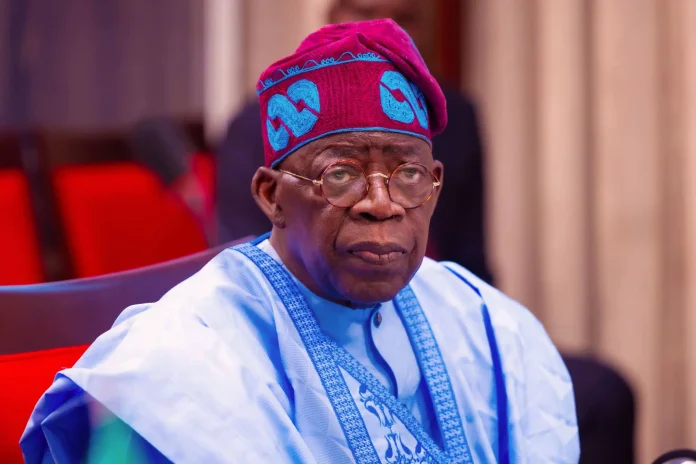North-West Zonal Coordinator, National Centre for the Control of Small Arms and Light Weapons, NCCSALW, AVM Haruna Muhammad (rtd) said the signing of Small Arms and Light Weapons, SALW, Bill by President Bola Tinubu on June 4, 2024 was to bolster national security.
This is just as he said that the signing had also provided the centre with a robust legal framework to intensify its efforts against illicit arms trade.
He spoke at the first ‘Stakeholders Sensitisation Workshop organised by NCCSALW, North-West Zonal Office in Kaduna, following the recent signing of the NCCSALW Establishment Act 2024, by the president.
He reaffirmed the centre’s commitment to combat the proliferation of SALW in Nigeria.
The News Agency of Nigeria, NAN, reports that the workshop had as theme: ‘Addressing Challenges of Retrieval of Small Arms and Light Weapons after Recovery and Court Judgment.’
It focused on the critical need for a unified process for handling forfeited weapons after court judgments.
Muhammad emphasised that the proliferation of SALW had been a significant threat to Nigeria’s peace and security, driving terrorism, ethnic conflicts, banditry and organised crime over the past two decades.
He said NCCSALW, established in May 2021, under former President Muhammadu Buhari, was a key component of Nigeria’s national response to the growing menace.
Muhammad called on stakeholders, including the Armed Forces, Police, Judiciary and other strata of security agencies, to continue to support the centre’s mandate.
He emphasised that success in the fight against SALW proliferation requires collective efforts and collaboration with the international partners.
In his presentation, Kamal Badamasi, highlighted the key drivers of arms proliferation in Nigeria, including poverty, unemployment, and ethnic crises.
He traced efforts to curb the menace back to 1998, stressing that thr stakeholders must remain proactive in addressing the root causes.
DCP Muhammad Shamsuddin, while speaking on the Control of Small Arms and Light Weapons Act 2024, explained that it strengthened Nigeria’s institutional capacity to regulate and monitor the possession and manufacture of small arms.
He said that the act sought to enhance enforcement mechanisms and border security to curb illegal arms trafficking, aligning Nigeria with global standards.
“The Act addresses the challenges, posed by insurgency, terrorism, banditry, and all forms of armed ,” Shamsuddin said.
Stakeholders at the workshop reaffirmed their commitment to supporting the centre’s efforts.
They also called for increased funding, specialised unitsband enhanced collaboration to ensure the successful implementation of the act and the safety of all Nigerians.
NAN reports that the sensitisation workshop underscored the need for sustained action and effective enforcement of the act.
This is to ensure that Nigeria becomes a safer and more secure society. NAN





